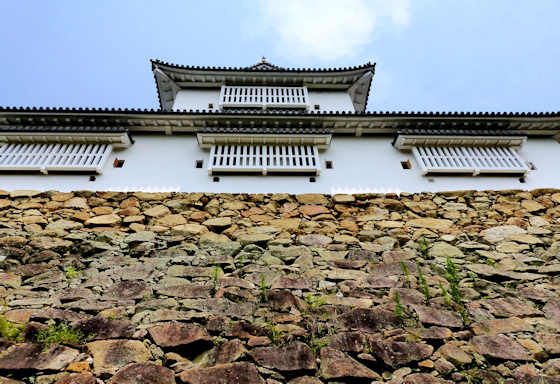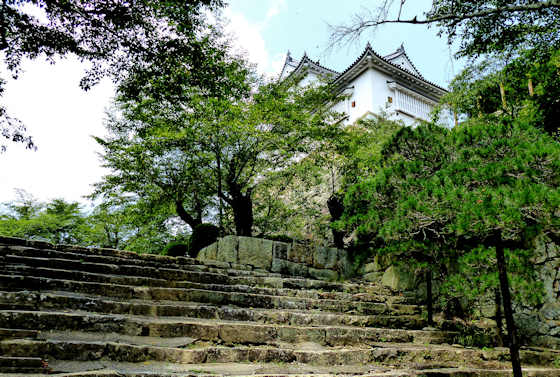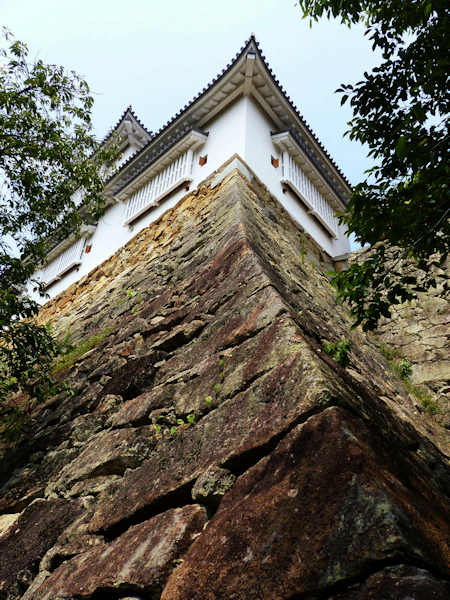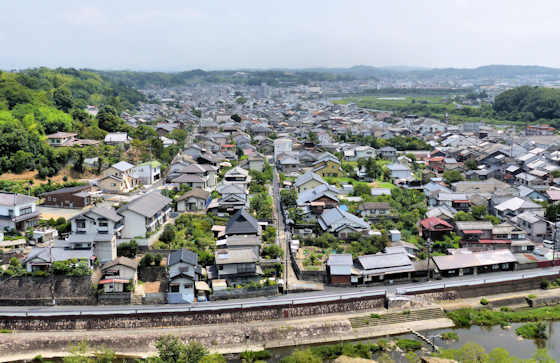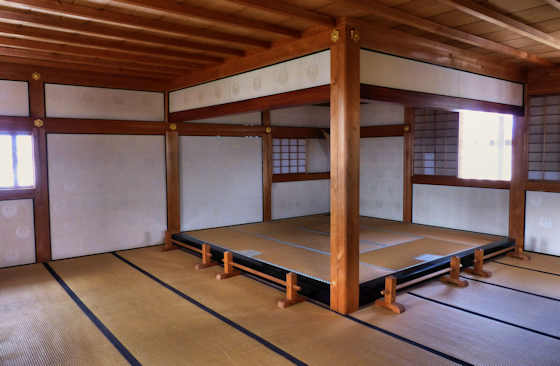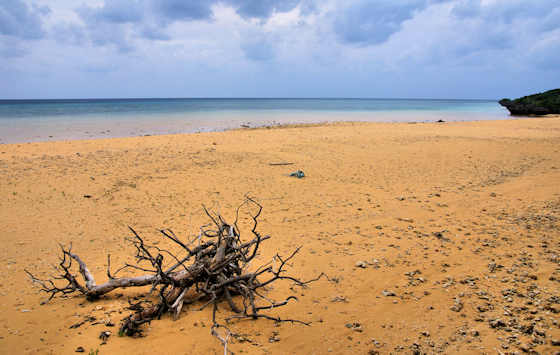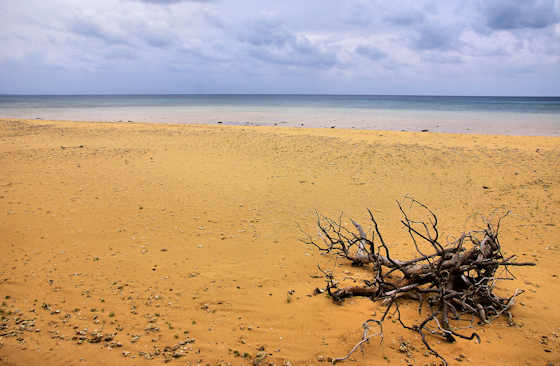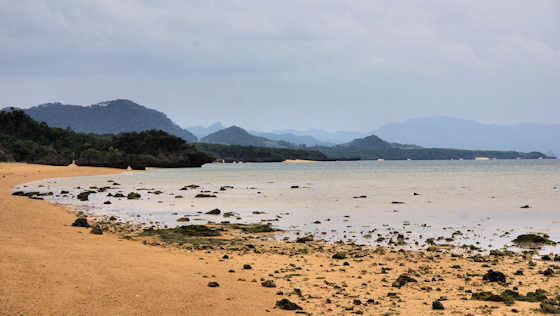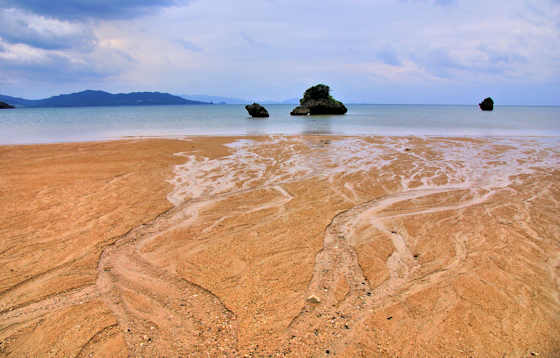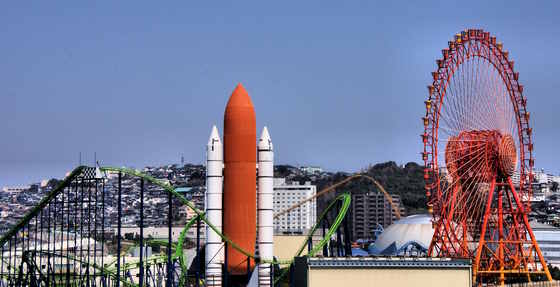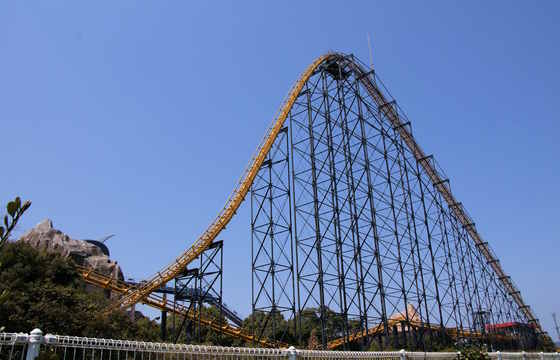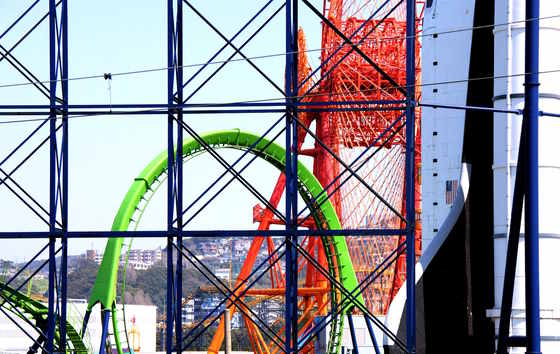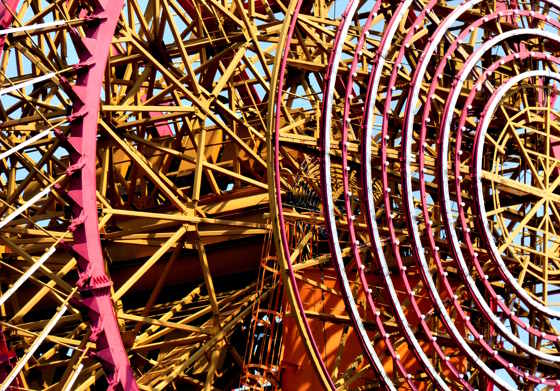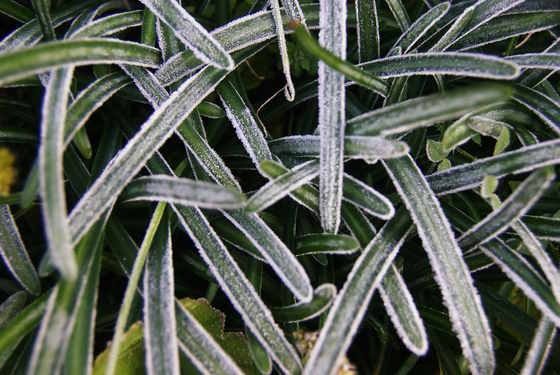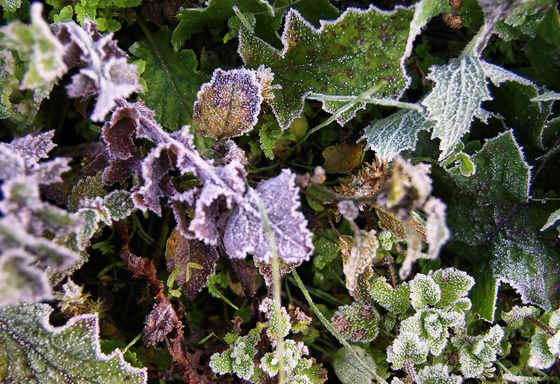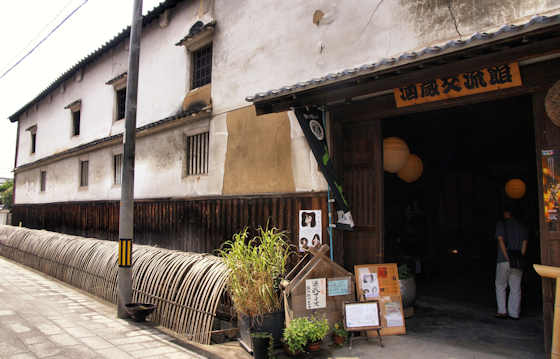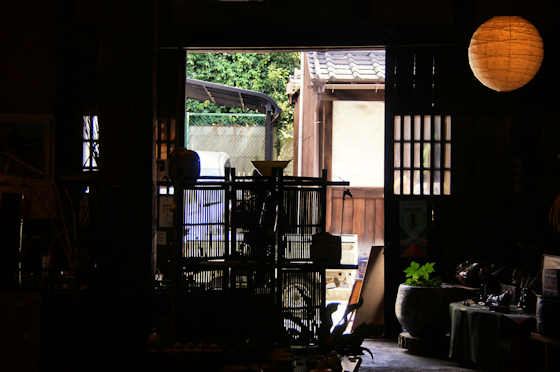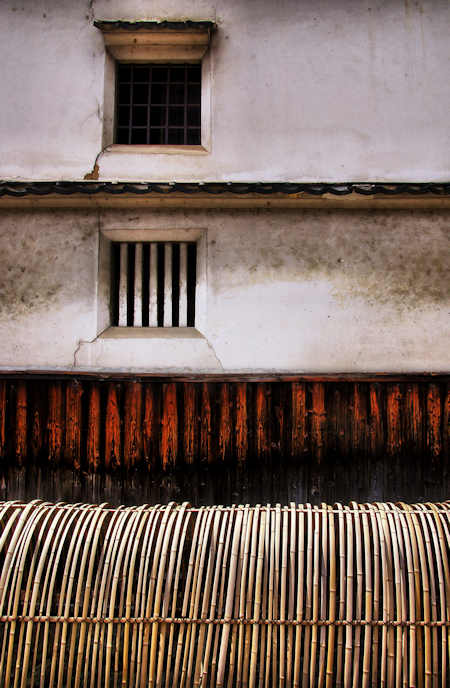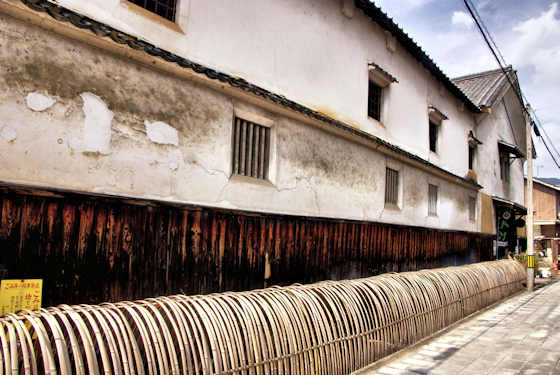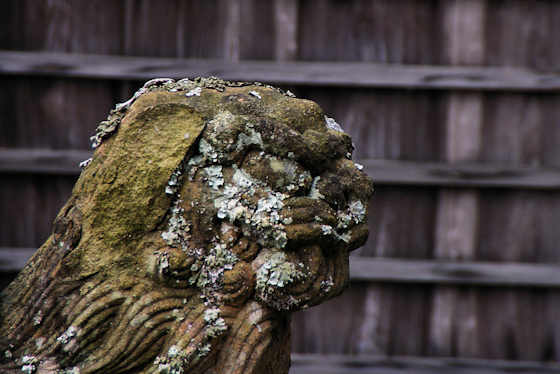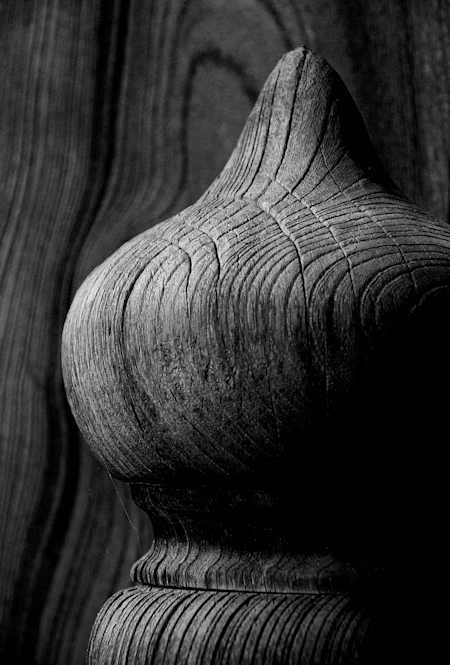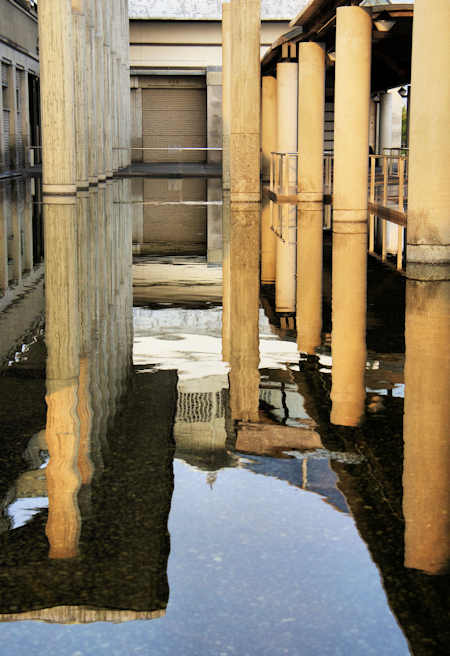Tsuyama Castle 津山城
Tsuyama castle, in the mountains of Okayama prefecture, is not a very well-known castle, but during the Edo period it was considered one of the greatest in all of Japan.
Its claim to greatness came from the sheer number of fortification structures that were ued in its construction. It was in a real sense extremely over-engineered.
Covering the flat hilltop, it was built on three levels with a total of 77 turrets (yagura), 26 gates, and topped with a 5-storey tower/keep.
The impressive stonework remains, but all the wooden structures were destroyed in the early years of Meiji, when most Japanese castles were dismantled. A few years later, however, some of the gates were reconstructed, and in the 1930's a fake keep was built but it was taken down during WWII as an obvious landmark for bombers.
In 2005 the rather grand Bitchu Turret was rebuilt and the tatami-floored interior is open to the public.
500 cherry trees have been planted in the castle grounds and are now a very popular cherry blossom viewing spot.
A castle was built on this site in the mid 15th century by the Yamana clan, but it was abandoned. In 1603 the domain was given to Mori Tadamasa and it was he who spent 12 years constructing the new, massive fortress.
According to Shogunate regulations, 5, or more, storey keeps were not allowed, but when the inspectors came to view the new castle Mori had the roof removed from the fifth storey and therefore claimed it was only 4 storeys. Apparently, he got away with it.
At the end of the 17th century, the castle passed to the Matsudaira Clan who held it until the end of the domains in the late 19th Century.
Tsuyama is a Hirayamajiro-style castle, a flat hilltop castle, as opposed to a Hirajiro, flatland castle, or a Yamajiro, mountain castle. Other notable Hirayama-style castles include Himeji and Matsuyama.
I visited on the 4th day of my walk along the Chugoku Kannon pilgrimage. The previous post in this series was Bridges of Shurakuen Gardens.
